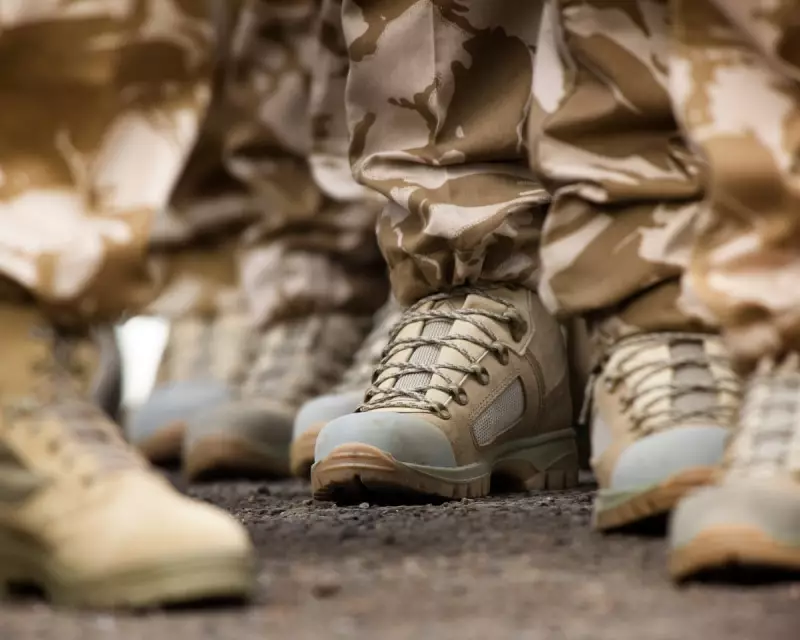
A devastating new survey conducted by the Ministry of Defence has exposed a culture of widespread sexual harassment within the UK armed forces, with one in three servicewomen reporting experiencing such behaviour.
Alarming Statistics Reveal Systemic Problem
The comprehensive study, which gathered responses from over 11,000 military personnel, paints a disturbing picture of the environment facing women in uniform. According to the findings, 34% of female personnel reported experiencing sexual harassment in the past year alone. This figure rises to a shocking 42% for women under the age of 30.
For male personnel, the reported rate of sexual harassment stood at 12%, highlighting that while the problem affects all service members, it disproportionately impacts women. The survey, carried out between September and November 2024, represents one of the most extensive examinations of its kind ever undertaken by the MOD.
Reporting Failures and Cultural Challenges
Perhaps even more concerning than the high incidence rates is the widespread reluctance to report these incidents. The data reveals that only 20% of those who experienced sexual harassment made a formal report. The primary reasons cited for this failure to report included fears of negative career consequences and a belief that nothing would be done.
When examining the types of harassment reported, the survey identified a range of behaviours from inappropriate comments and jokes to more serious physical advances. Many respondents described an environment where such behaviour had become normalised, with perpetrators often facing minimal consequences for their actions.
MOD Response and Planned Reforms
In response to these damning findings, Defence Secretary John Healey has announced an immediate action plan. "This is a damning indictment of the culture in parts of our armed forces," Healey stated. "We will not tolerate this behaviour. Our servicewomen deserve better."
The MOD's new strategy includes several key initiatives:
- Establishing an independent body to handle complaints of sexual harassment and assault
- Implementing mandatory training for all personnel on appropriate behaviour and respect
- Creating clearer pathways for reporting incidents without fear of reprisal
- Introducing stronger disciplinary measures for those found guilty of harassment
These reforms aim to address what many have described as a "laddish culture" that has persisted within certain units and ranks. The military leadership has acknowledged that previous efforts to combat sexual harassment have fallen short and that a more fundamental cultural shift is required.
Broader Implications for Military Readiness
Beyond the clear moral imperative to protect service members, the survey findings have serious implications for military effectiveness and recruitment. The armed forces have struggled to increase female representation beyond the current level of approximately 11%, and experts suggest that stories of harassment and discrimination represent a significant barrier to attracting and retaining women.
Veterans' groups and women's rights organisations have welcomed the MOD's commitment to change but emphasise that real progress will require sustained effort and accountability at all levels of command. The success of these new measures will be closely monitored, with follow-up surveys planned to track whether the situation improves in the coming years.
As one former servicewoman told investigators, "It's not enough to have policies on paper. We need to see commanders actually holding people accountable, even when it's inconvenient." The challenge now facing military leaders is to transform this stark data into meaningful cultural change that ensures every service member can perform their duties in an environment free from harassment and discrimination.





